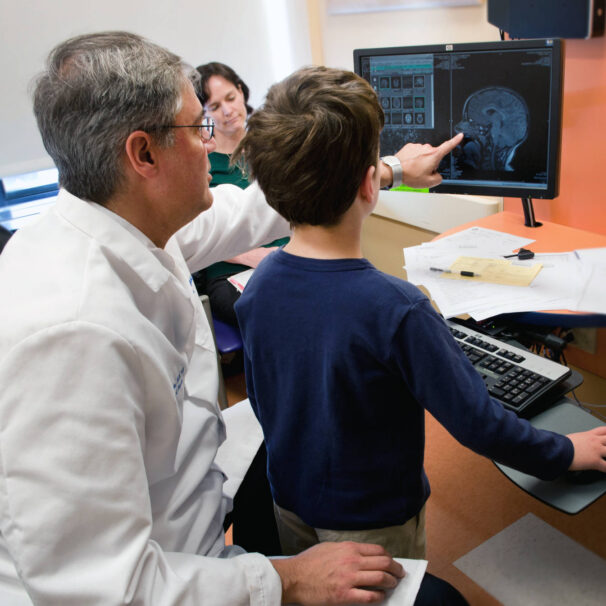HealthProviders DB is a comprehensive database of healthcare providers, including a complete directory of all Neurologists with Special Qualifications in Child Neurology.
Psychiatry & Neurology Healthcare Taxonomy Code 2084N0402X
As of today, the following are the total number of Neurologists with Special Qualifications in Child Neurology nationally, in your State, and near your location.
Select a State below to view the list by State. Additionally, you can narrow the list by city, among other options, from the Filter Panel, which you can open by clicking the vertical ellipses ⋮ in the upper right corner of the app.
Alaska – Alabama – Armed Forces Pacific – Arkansas – American Samoa – Arizona – California – Colorado – Connecticut – District of Columbia – Delaware – Florida – Federated States of Micronesia – Georgia – Guam – Hawaii – Iowa – Idaho – Illinois – Indiana – Kansas – Kentucky – Louisiana – Massachusetts – Maryland – Maine – Marshall Islands – Michigan – Minnesota – Missouri – Northern Mariana Islands – Mississippi – Montana – North Carolina – North Dakota – Nebraska – New Hampshire – New Jersey – New Mexico – Nevada – New York – Ohio – Oklahoma – Oregon – Pennsylvania – Puerto Rico – Palau – Rhode Island – South Carolina – South Dakota – Tennessee – Texas – Utah – Virginia – Virgin Islands – Vermont – Washington – Wisconsin – West Virginia – Wyoming
Medicare
The following are the total number of Neurologists with Special Qualifications in Child Neurology who accept Medicare in your State, the number who have opted out of Medicare, and the total number excluded from participation in Medicare nationwide.
The diagram below shows all the Neurologists with Special Qualifications in Child Neurology across the country, represented by blue bubbles. The larger the bubble, the greater the concentration of providers in that area. Red bubbles represent Medicare-excluded providers, with the larger bubbles indicating a higher percentage of excluded providers in that region. You can change the bubble size to be based on exclusions from the Size menu.
What do Neurologists with Special Qualifications in Child Neurology do?
Neurologists with Special Qualifications in Child Neurology specialize in diagnosing and treating neurological disorders in infants, children, and adolescents, including conditions like epilepsy, cerebral palsy, autism, and ADHD.
They perform specialized neurological examinations, utilize imaging and EEG tests, and work with other specialists to develop treatment plans for conditions affecting the brain, spinal cord, nerves, and muscles.
What they do
Diagnose neurological conditions: They identify and diagnose complex neurological disorders in a pediatric population.
Perform specialized examinations: Due to their work with children, they are trained to assess patients with limited or nonexistent verbal skills, often relying on questions for parents or caregivers.
Use diagnostic tests: They utilize various diagnostic tools, such as:
- EEG (electroencephalogram): To check for seizures and assess brain electrical activity.
- MRI and CT scans: To create images of the brain and spinal cord to find tumors, strokes, infections, and other conditions.
Manage neurological disorders: They provide ongoing care and management for various conditions, including:
- Epilepsy and seizure disorders.
- Cerebral palsy.
- Developmental and neurodevelopmental disorders, such as autism and ADHD.
- Neuromuscular disorders.
- Headache disorders, like migraines.
Collaborate with other professionals: They work as part of a multidisciplinary team that may include physiotherapists, occupational therapists, speech and language therapists, and dietitians to provide comprehensive care.
Why is this specialization essential?
Focus on prevention and early intervention: They play a crucial role in early diagnosis and intervention, thereby significantly improving outcomes for children with neurological conditions.
Age-specific training: They are specifically trained to understand the developing brains of children and adolescents, which differ significantly from those of adults.
Complex communication needs: They are equipped to communicate and assess children who cannot fully describe their symptoms.

